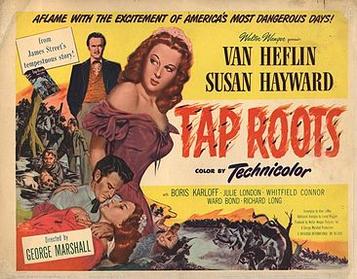White Savior, Rape and Romance?Posted in Articles, Book/Video Reviews, History, Media Archive, Mississippi, Slavery, United States on 2016-06-28 01:41Z by Steven |
White Savior, Rape and Romance?
The New York Times
2016-06-27
The movie “Free State of Jones” certainly doesn’t lack in ambition — it sprawls so that it feels like several films stitched together — but I still found it woefully lacking.
The story itself is quite interesting. It’s about Newton Knight, a white man in Mississippi during and after the Civil War, who organizes and mounts a somewhat successful rebellion against the Confederacy. He falls in love with a mixed-race slave named Rachel, and they establish a small community of racially ambiguous relatives that a book of the same title calls “white Negroes.”
It is easy to see why this story would appeal to Hollywood executives. It has a bit of everything, with eerie echoes of modern issues.
It comes in the wake of “12 Years a Slave,” at a time when slave narratives are en vogue, only this story emphasizes white heroism and centers on the ally instead of the enslaved.
It tries desperately to cast the Civil War, and specifically dissent within the Confederacy, as more a populism-versus-elitism class struggle in which poor white men were forced to fight a rich white man’s war and protect the cotton trade, rather than equally a conflict about the moral abhorrence of black slavery.
Throughout, there is the white liberal insistence that race is merely a subordinate construction of class, with Newt himself saying at the burial of poor white characters, “somehow, some way, sometime, everybody is just somebody else’s nigger.”
And, by extension, there is the lingering suggestion of post-racialism because, as the author Victoria E. Bynum writes in the book’s preface, the relationship between Newt and Rachel “added the specter of interracial intimacy to the story.”…
Read the entire review here.




